Water Heater Service Timing Tips
Water heater service is essential for maintaining efficiency and prolonging the lifespan of the unit. Regular inspections and maintenance can prevent unexpected breakdowns and ensure reliable hot water supply. The optimal timing for service depends on usage patterns, water quality, and the type of water heater installed.
Perform water heater checks before peak usage seasons, such as fall and winter, to ensure optimal performance during high demand periods.
Water heaters typically require servicing every 1-2 years, especially if they are over 8 years old or show signs of inefficiency.
Hard water or mineral-rich water can lead to sediment buildup, making regular maintenance more critical, especially annually.
Follow the service schedule suggested by the manufacturer to maintain warranty and efficiency standards.
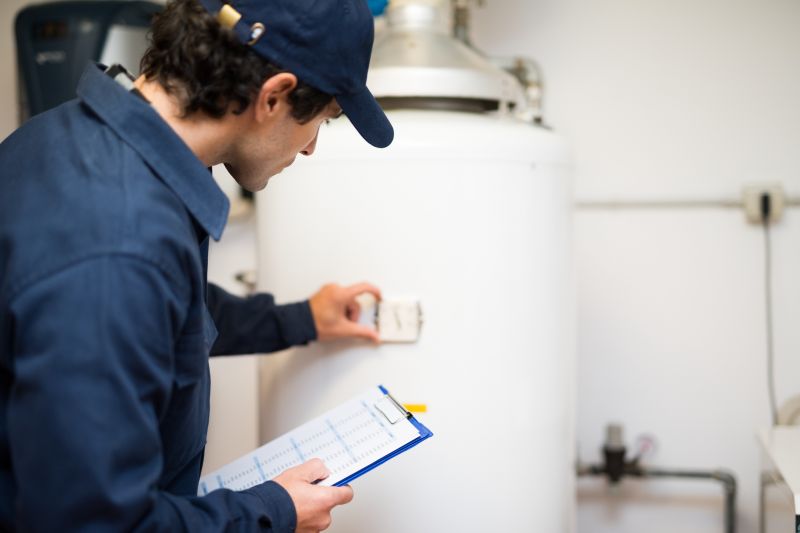
Routine visual checks for leaks, corrosion, and sediment buildup.
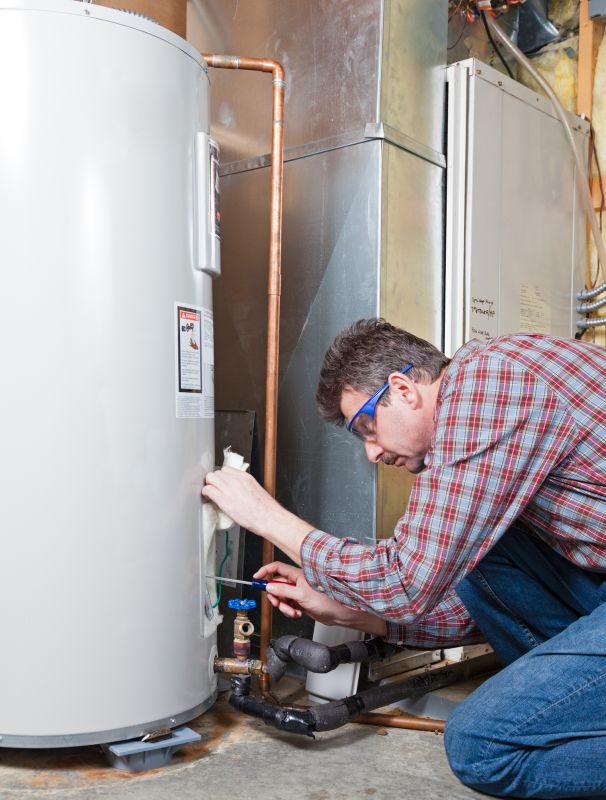
Replacing the anode rod can prevent tank corrosion and extend water heater life.
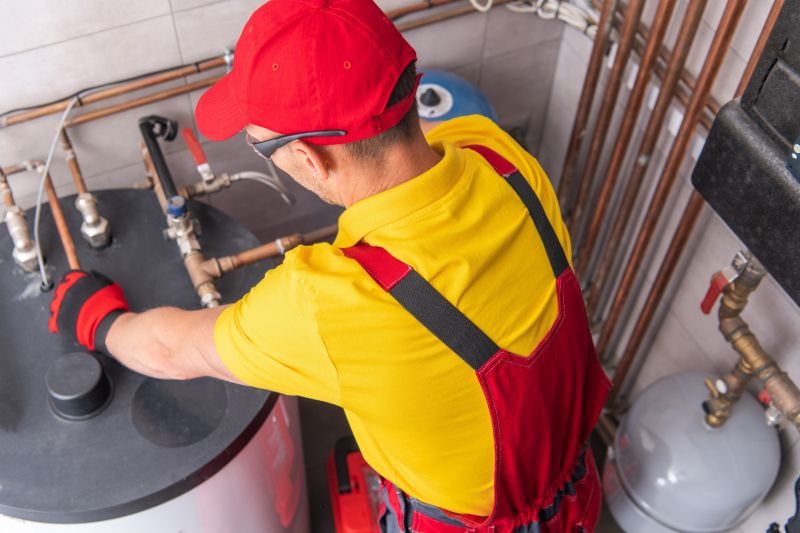
Flushing out sediment improves efficiency and prevents damage.
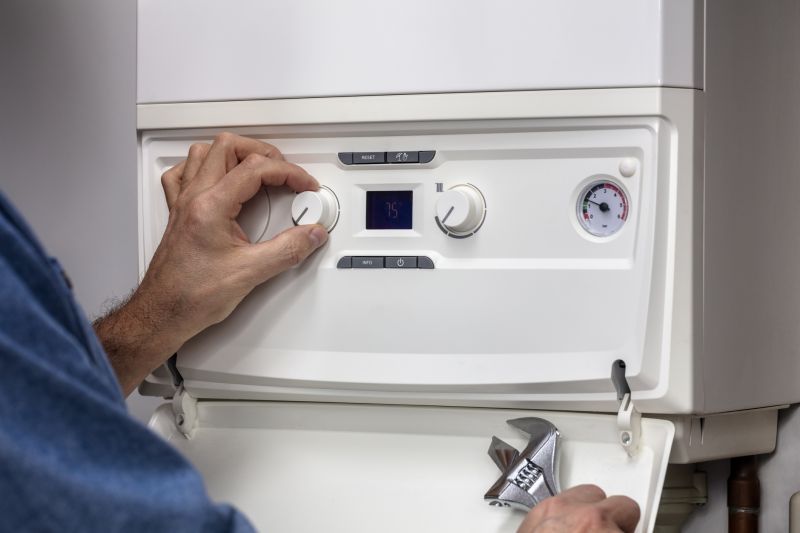
Ensures water temperature remains safe and efficient.
| Service Type | Ideal Timing |
|---|---|
| Annual Inspection | Before peak winter demand |
| Sediment Flush | Every 1-2 years or as needed |
| Anode Rod Replacement | Every 3-5 years |
| Thermostat Check | Annually |
| Leak Inspection | Every 6-12 months |
| Sediment Removal | As sediment accumulates |
| Component Replacement | Based on manufacturer recommendations |
Water heater service is a vital aspect of home maintenance that ensures efficiency, safety, and reliability. Regular servicing can identify potential issues early, such as sediment buildup, corrosion, or faulty thermostats, which may otherwise lead to costly repairs or replacements. Proper timing based on usage, water quality, and equipment age can significantly extend the lifespan of the water heater and improve energy efficiency.
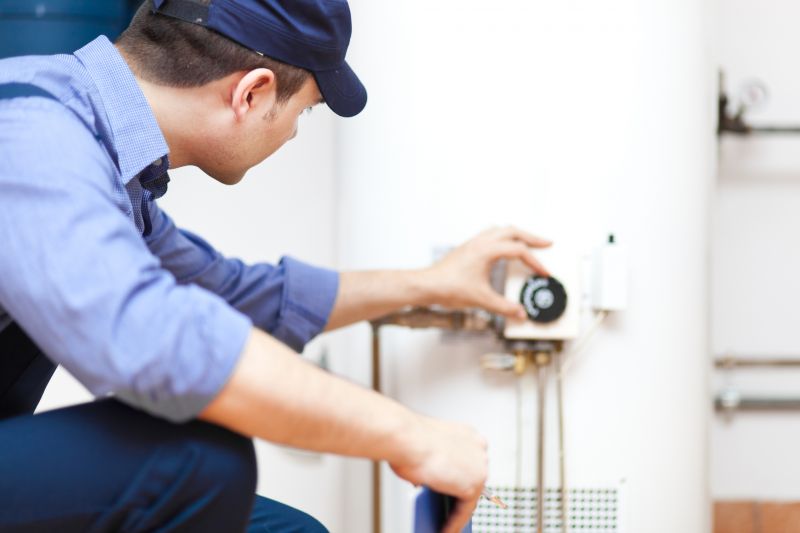
Sediment accumulation can reduce efficiency and cause damage if not regularly removed.
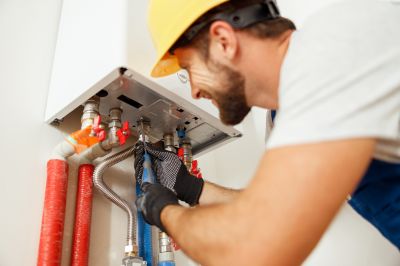
Checking and replacing the anode rod prevents tank corrosion.
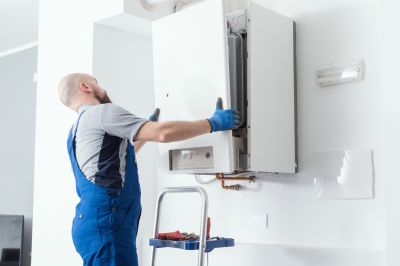
Proper temperature settings improve safety and efficiency.
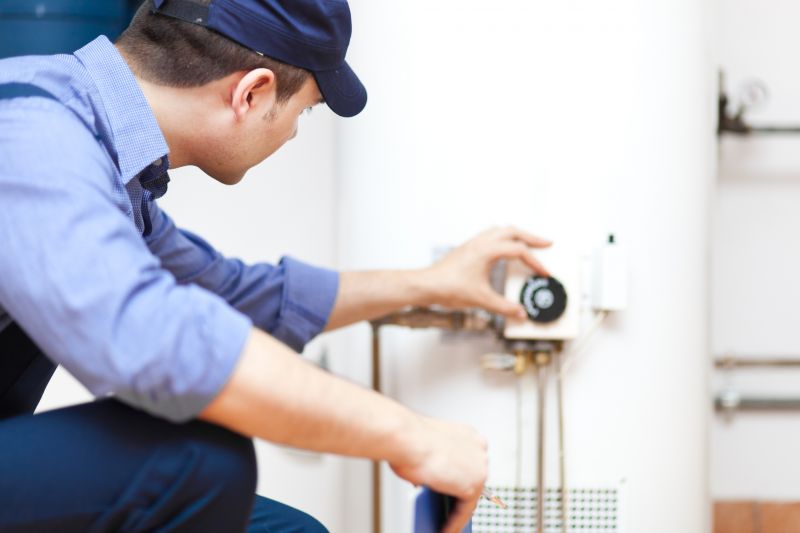
Early leak detection helps prevent water damage and costly repairs.
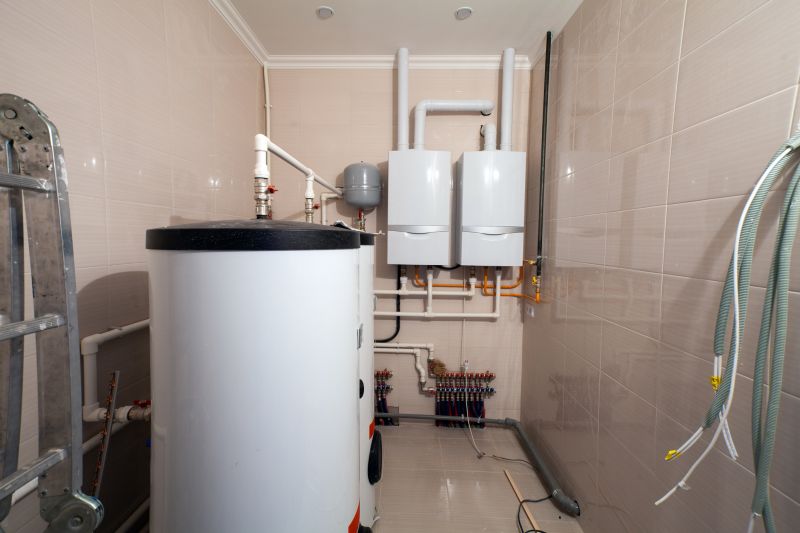
Ways to make Water Heater Service work in tight or awkward layouts.
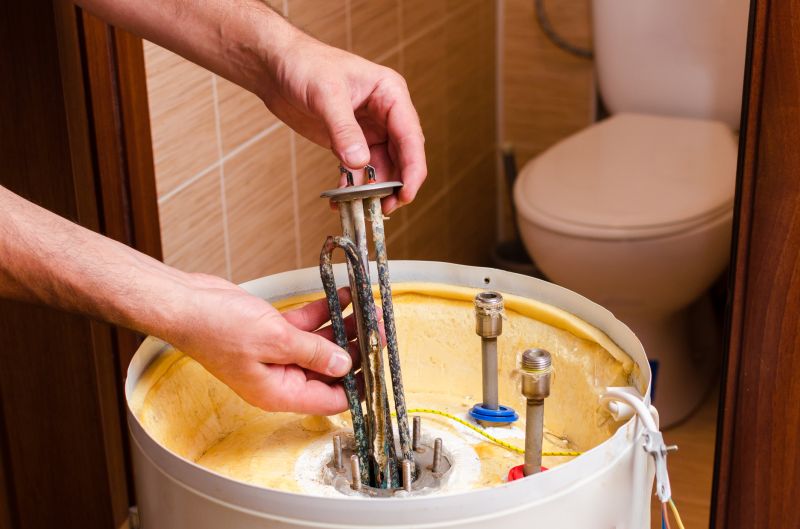
Popular materials for Water Heater Service and why they hold up over time.
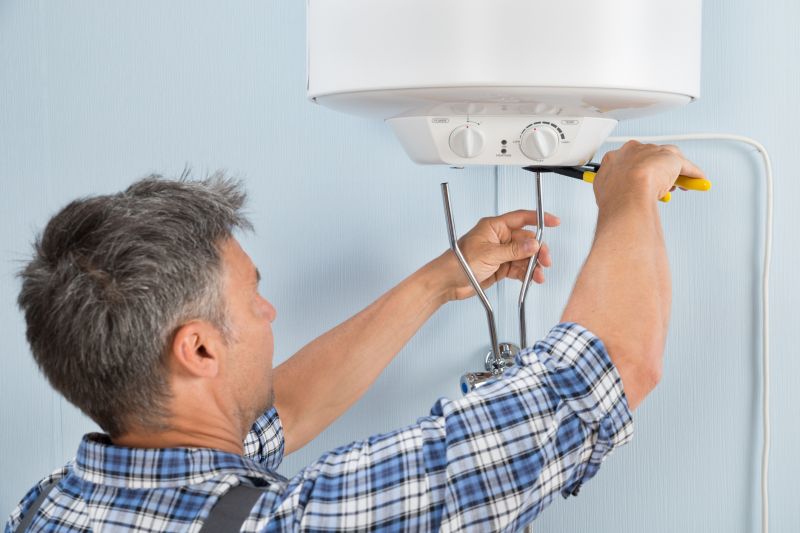
Simple add-ons that improve Water Heater Service without blowing the budget.
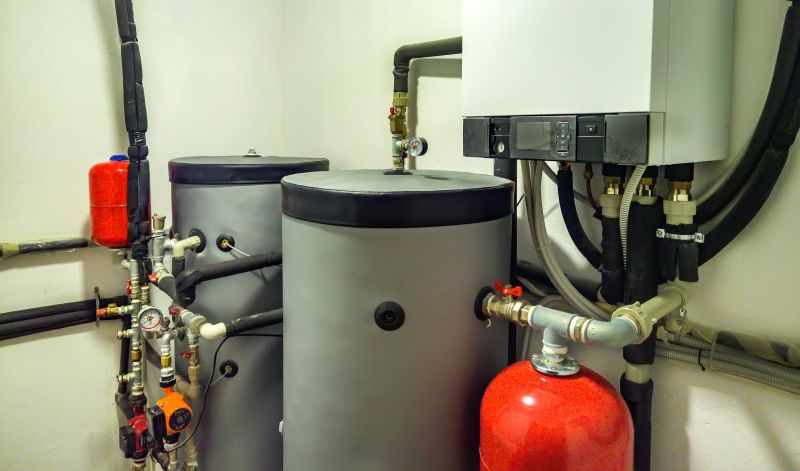
High-end options that actually feel worth it for Water Heater Service.
Scheduling water heater service at appropriate intervals ensures continuous hot water supply and optimal performance. Regular maintenance also helps in identifying minor issues before they escalate, saving money and avoiding inconvenience. Consulting with a professional can provide tailored recommendations based on specific household needs and water conditions.

